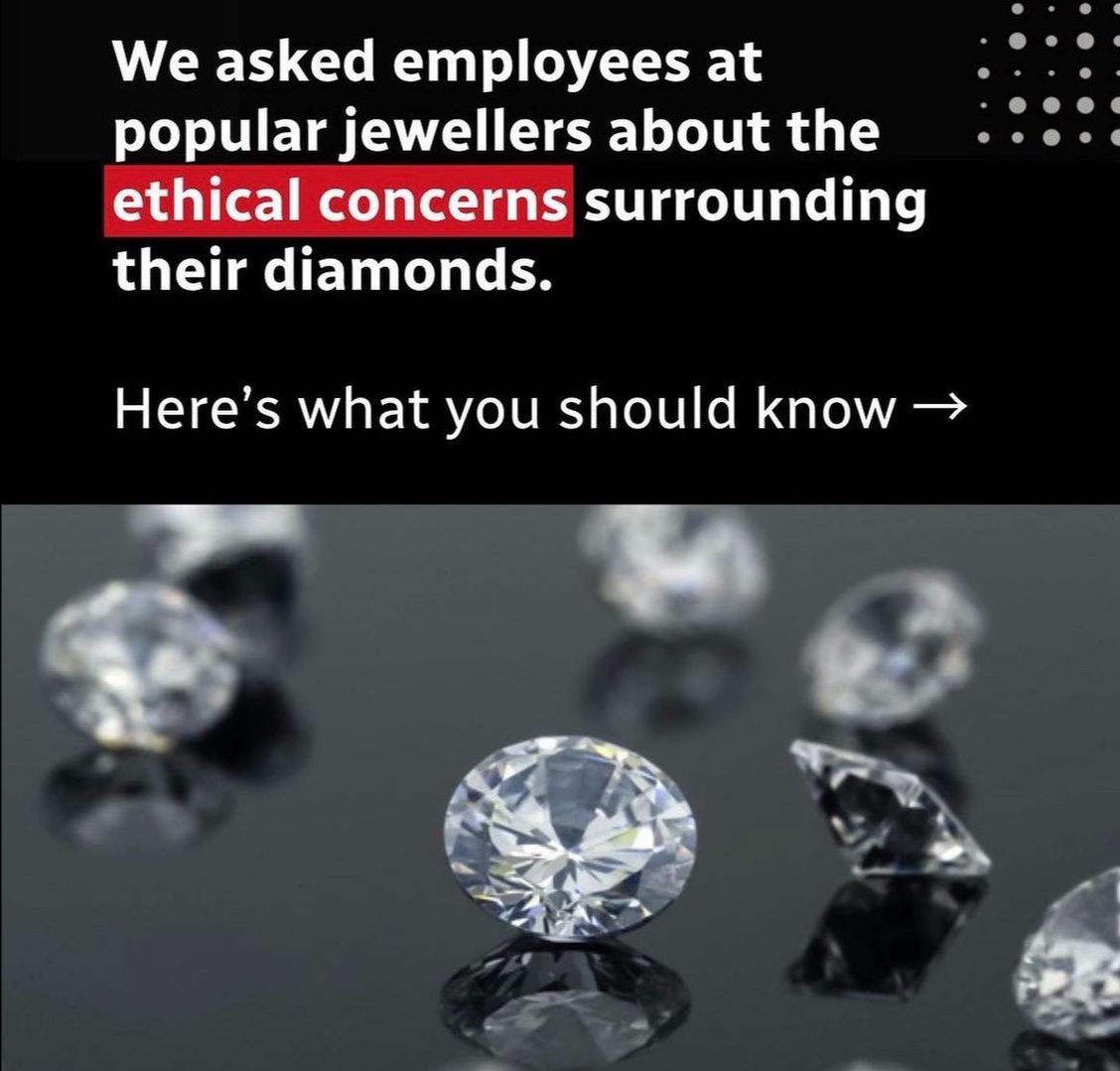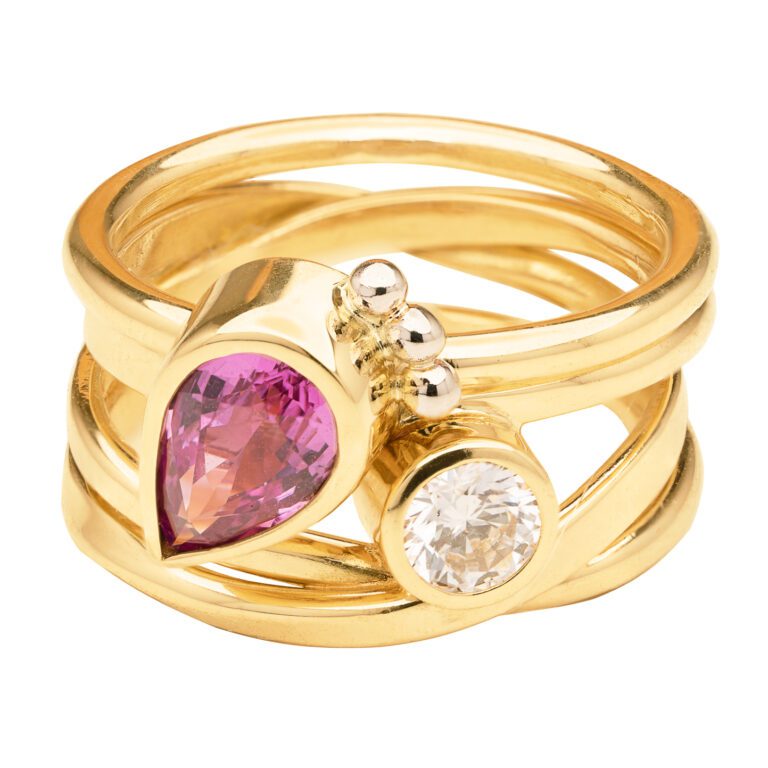Recently, I came across a CBC Marketplace special investigation on diamond claims. As an independent goldsmith, I was curious to see what they had uncovered, hoping to learn something new. However, what they ‘revealed’ are all facts I have been telling my clients for years.
The investigation highlighted the importance of asking questions about the sourcing of diamonds and the potential harm associated with the industry. As consumers, we need to dig deeper and ask further to ensure that we’re making ethical choices.
My Agitation with the Report
As someone who’s been in the industry for a while, I found myself quite agitated by this report, as misinformation has been driving me bananas. Nevertheless, I’m glad that these facts are being disseminated to a broader audience through the CBC. As an independent little goldsmithing studio, I have such a small voice, and I hope this report will hold big retailers more accountable.
Limitations of the Kimberley Process Certification Scheme
However, I don’t think the report will have the same effect as the 2006 film “Blood Diamonds” had on the industry. It was that film that prompted the debates leading to the Kimberley Process Certification Scheme (KPCS). But, as CBC alludes to and I mentioned in my video about this almost a year ago, adhering to the Kimberley Process is no longer enough to call a diamond ‘ethical’. Here is the video I did about sourcing diamonds:
Retailers’ Obligation to Train Employees Better
There’s so much I want to say about all of this – I don’t even know where to start. For one thing, these large stores have an obligation to train their employees better! Buying a diamond ring at a commercial outlet is like buying salmon or chicken at the NoFrills; the source of materials is likely not without problems.
The Importance of Canadian Diamonds
I also wish they had discussed Canadian diamonds more. There’s a lot of importance and value in them that needs to be highlighted.
In my upcoming Sunday Letters, I’ll delve deeper into some of the topics mentioned in the report, like the Responsible Jewelry Council, which is not exactly what it sounds like. I also take issue with how this CBC report showcases jewelry ‘replacement value’. They not only misname the document several times in the clip, but replacement value also does not get discussed accurately. But more on that another time!


